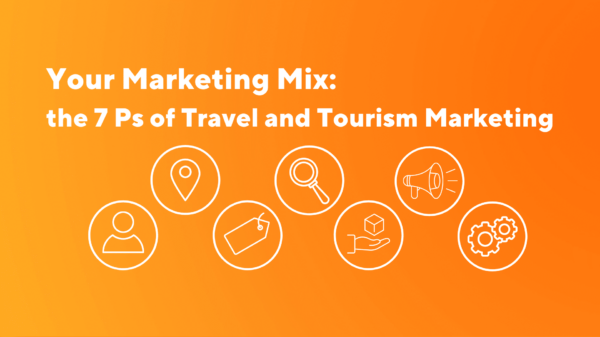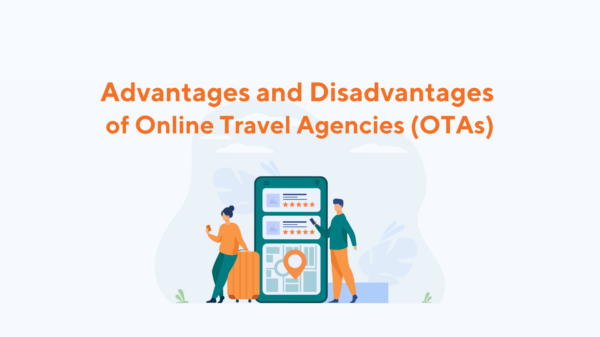Want to brush up on your scam awareness? Here are some common scams that affect tour providers around the world.
1. ‘Friendly’ Fraud
There’s nothing friendly about “friendly fraud.” Customers have gotten savvier to what their credit card providers will let them get away with in recent years, and they’re taking advantage at record rates. According to Chargebacks911, 86 percent of all chargebacks are are probable cases of friendly fraud, and the drastic increase in them is giving merchants in every industry no end of grief.
Sick claims are another vector for friendly fraud. According to ABTA, nearly 10 million British adults have been approached about making fraudulent claims about getting sick while travelling, an epidemic of false flus that are costing travel providers millions. And travel providers aren’t well pleased about it, either.
2. Phishing
Phishing is an attempt by a scammer to get sensitive information through fraudulent means. You’ve probably received a call from a fake government organization threatening to come after you for tax money, or an earnest letter from a foreign prince who just wants your help to get his money out of his country (with big rewards for you, of course). Those are phishing scams.
Last year, IATA had to send a warning to its members warning them that fraudsters are sending out fake IATA emails asking for payments. These scams often target tourists, too – convincing them to give away their information in exchange for free flights, bookings or other fake deals.
3. Overpayment Scams
Imagine going out of your way to help out a customer by arranging a complicated, multi-step payment process only to have them scam you out of your hard-earned money.
For victims of overpayment scams, there’s no need to imagine. Many tour and activity providers have been misled by these scams. A customer will offer to pay with a wire transfer, check, or another unusual form of payment. They’ll offer a very good reason they absolutely must send too much money and ask you to send the extra back. Once you do, the original payment will be revealed as fraudulent. You’ll be out the money the fraudster sent and the money you sent them back.
4. Booking Scams
Online booking scams don’t target tourism providers, they target customers. In the process, they’re harming the industry as a whole.
According to the American Hotel & Lodging Association, customers made 55 million bookings on hotel websites they thought were real. Those websites were operated by scammers who cleaned up to the tune of nearly $4 billion US in the process.
This doesn’t just destroy the trust of the customers affected by these scams — it costs the real providers billions in bookings.
5. Card Not Present Fraud
Card-Not-Present (CNP) Fraud is an absolutely massive problem across all industries. Generally, CNP fraud is committed by people using stolen credit cards in situations where physical cards can’t be presented — like online booking.
Last year, Australian tour providers were hit with CNP fraud particularly hard. In one stand-out scam, fraudsters sold bookings to Chinese tourists through WeChat, a popular messaging service. They then placed real bookings with stolen credit cards. The tourists traveled normally, enjoying what seemed to be legitimate bookings to everyone involved. Eventually, the stolen credit card charges were reversed, costing tour providers $400,000 AUD.





